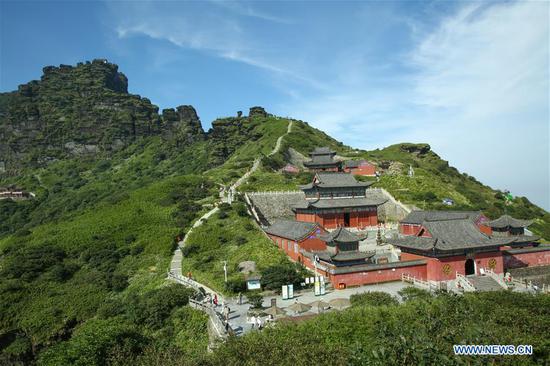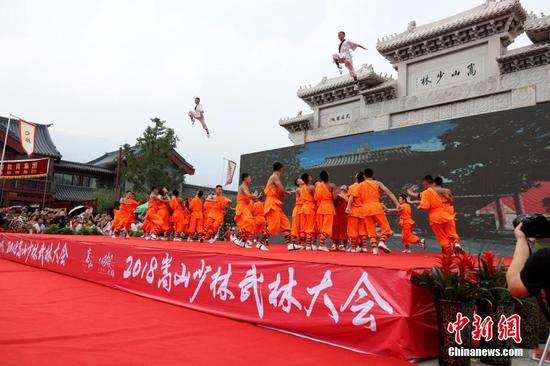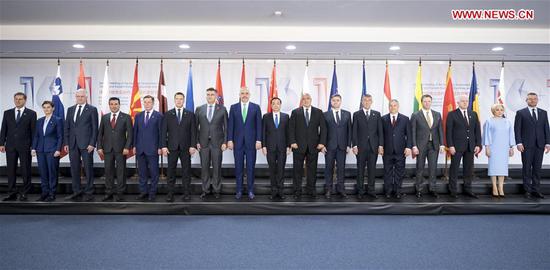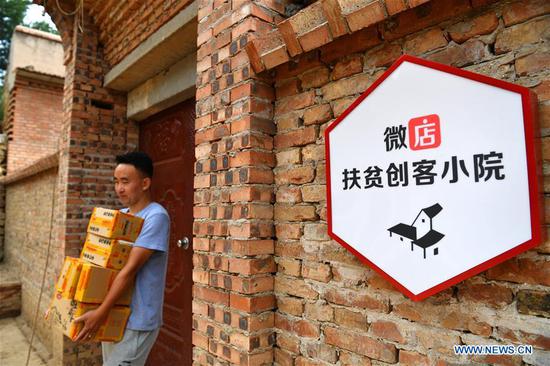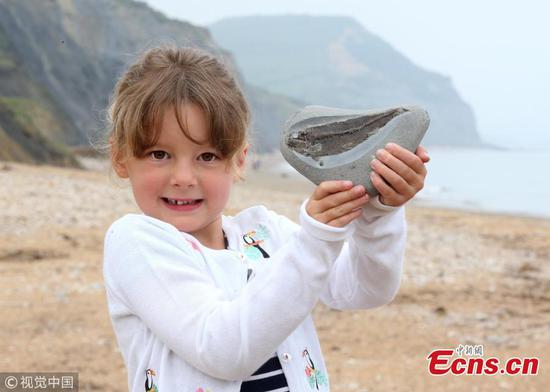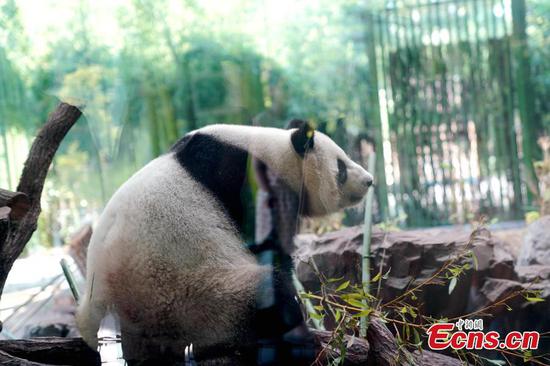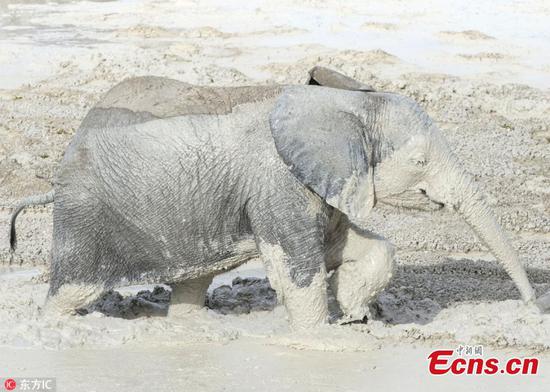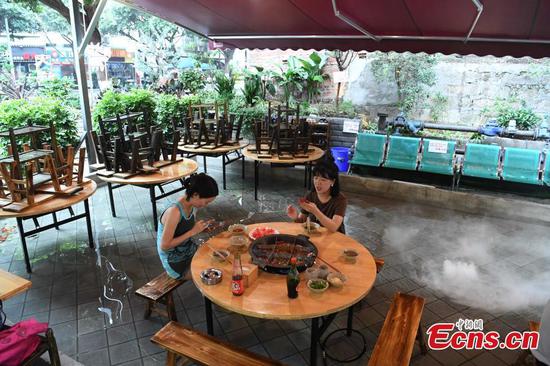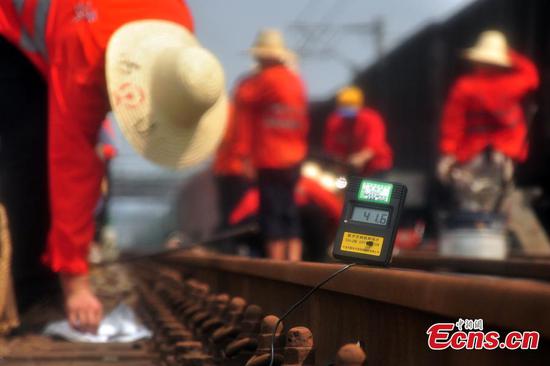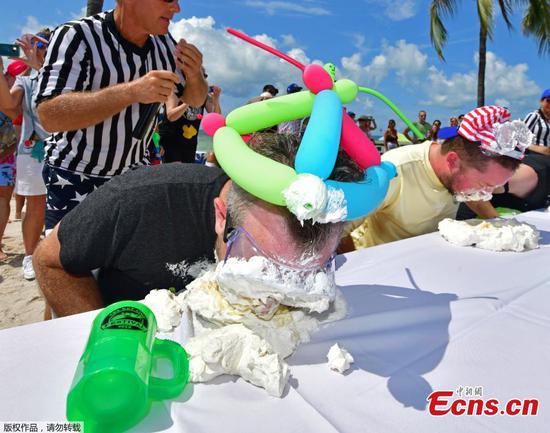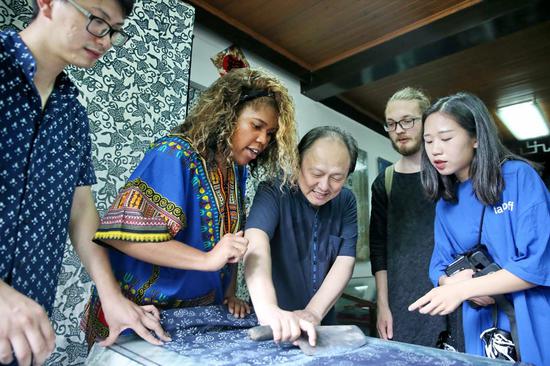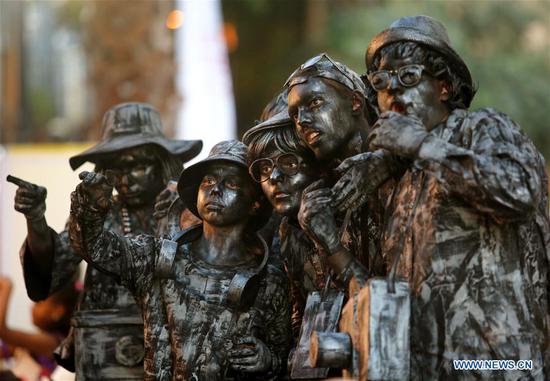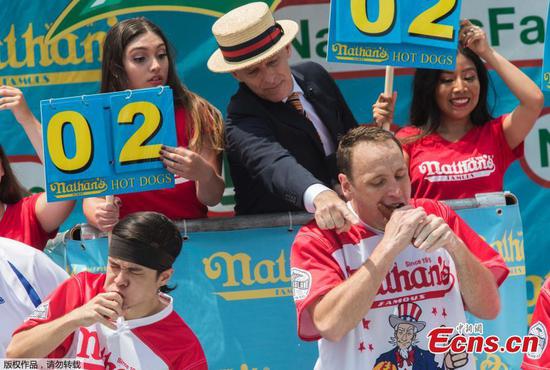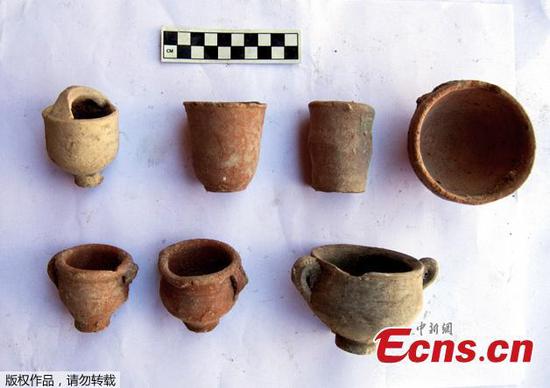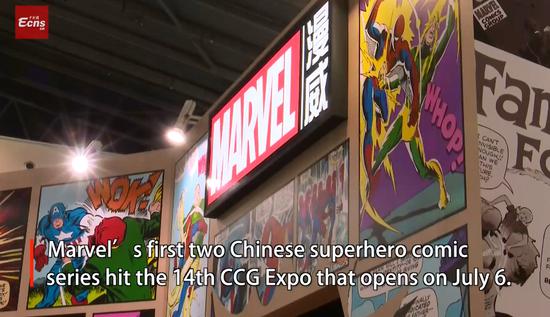Thousands of cherry growers in the west and northwest U.S. regions are suffering the hardest hit in the U.S. trade war with China, an export market that witnessed "phenomenal" growth last year, an industry insider said Saturday.
Companies from China and the United States are concerned about the impact of trade tensions between the world's top two economies after the United States began imposing a 25-percent additional tariff on Chinese products worth 34 billion U.S. dollars on Friday.
In response, China's customs authority announced that additional tariffs for some imports from the United States worth the same amount, including agricultural products, vehicles and aquatic products, took effect on the same day.
About 1,400 cherry farmers in the U.S. west state of Washington and 1,100 elsewhere in the Pacific Northwest will suffer from the "newest obstacle" to farm trade with China, Mark Powers, president of the Northwest Horticultural Council, told The Seattle Times.
Approximately 130 million dollars worth of Pacific Northwest cherries were exported to China last year, accounting for 11 percent of the total crop and a third of export sales, Powers said.
Last year's exports to China rose about 60 percent due to a rising middle class population in China, the world second largest economy, he said.
"When you talk about an additional 25 percent tariff, we're talking about a significant increase in price for fruit reaching the Chinese consumer ... Most of this cost is going to be paid and borne by growers," Powers said.
According to the newspaper, the "largest trade war" between the United States and China in economic history dealt a heavy blow to Northwest cherry growers in the middle of their season, which runs from early June through August, as China is the top export market for Washington's sweet cherries.
In the worst-case scenario, the trade tensions would force some cherry growers to skip the harvest, Powers said.
"The cherry industry is such a rapid market that these decisions are made hour-to-hour ... based on what the sales guys are telling their growers," he explained.









